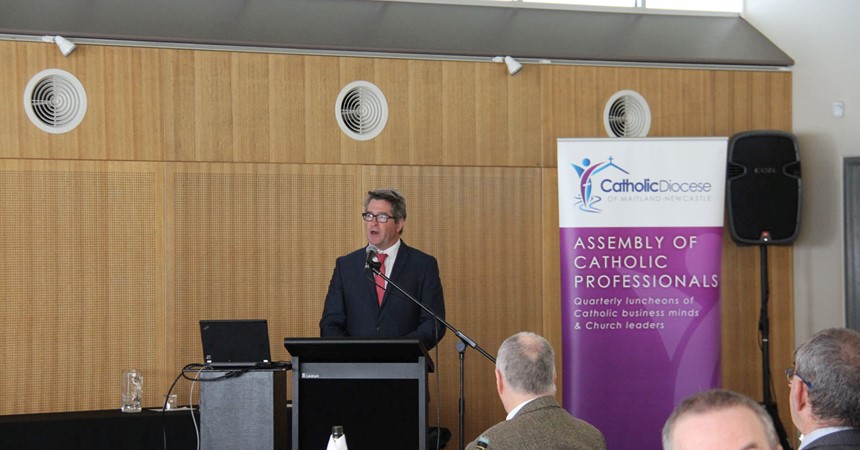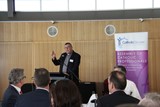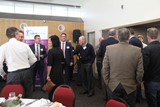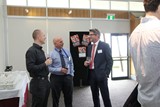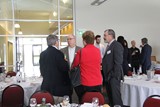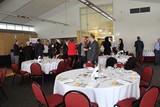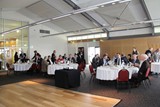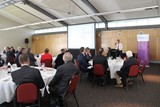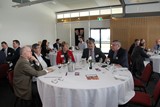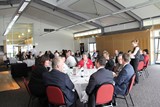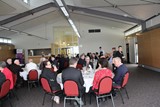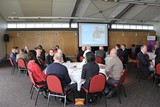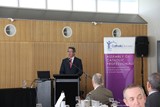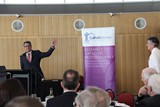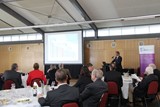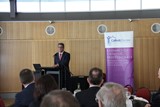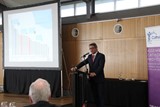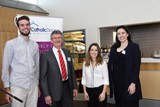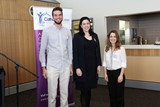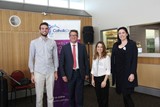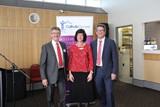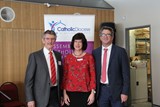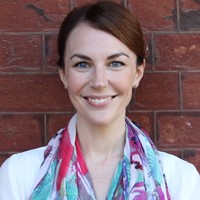According to John, “the climate is on steroids” and the impacts of its abuse are only going to get worse. We have already experienced extreme weather events in recent times, including unprecedented bushfire conditions, extreme flooding, the bleaching of our Barrier Reef and unseasonable weather temperatures.
The major focus of John’s organisation is to build a resilient Australia with zero carbon emissions. This goal is not an easy one to attain with major economic and social hurdles in the way. Building awareness and preparing for the impacts that are coming are ways that he is “managing the avoidable while trying to avoid the unmanageable”. He also mentioned the need for social justice and recognising the impacts that climate change has on small island nations who are at risk of rising water levels.
He spoke about the importance of establishing a process of accountability. Businesses and states need to play a more integral role in planning policies and strategies to help solve the potentially catastrophic issues we are facing. This approach appealed to the sensitivities of the everyday person, with communities and workers, particularly in our region, directly affected by the results of proposed solutions.
Take for instance our local coal-fired power stations, Liddell and Bayswater, situated in the Hunter Valley. There are thousands of workers, families and communities who rely upon the power stations for their livelihoods. What will happen to these groups if the stations are suddenly shut down without proper planning and management? Price shocks, electricity supply issues, unemployment and community upheaval are all realities if we “jump to distress” and don’t plan ahead.
He concluded by comparing the world’s emissions with a carbon budget. Two trillion tonnes of carbon have been emitted into the atmosphere since the Industrial Revolution. These emissions can remain in the atmosphere for hundreds of years. “We have a stock problem…the more we spend now, the less we have later.” We are all faced with the task of accepting this new reality.
